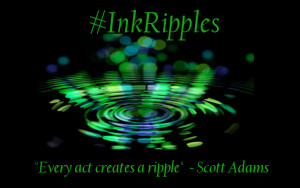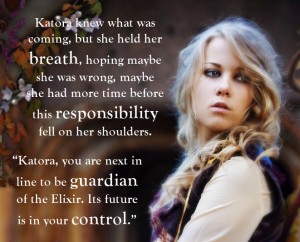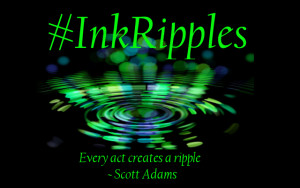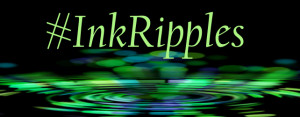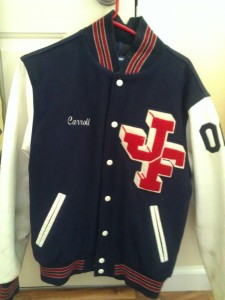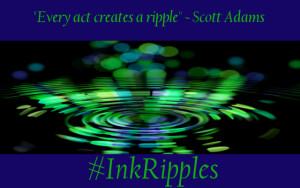Long-time readers of this blog know I’ve been writing about female characters for years and even did a wholes series of “Females in YA” posts. Some topics I’ve covered are unlikable girls, the Bechdel Test, and the feminist world in my first YA fantasy ELIXIR BOUND. One topic in particular I enjoy talking about is the different ways female characters can be strong (see “Females in YA: Part 5 Strong Female Characters”).
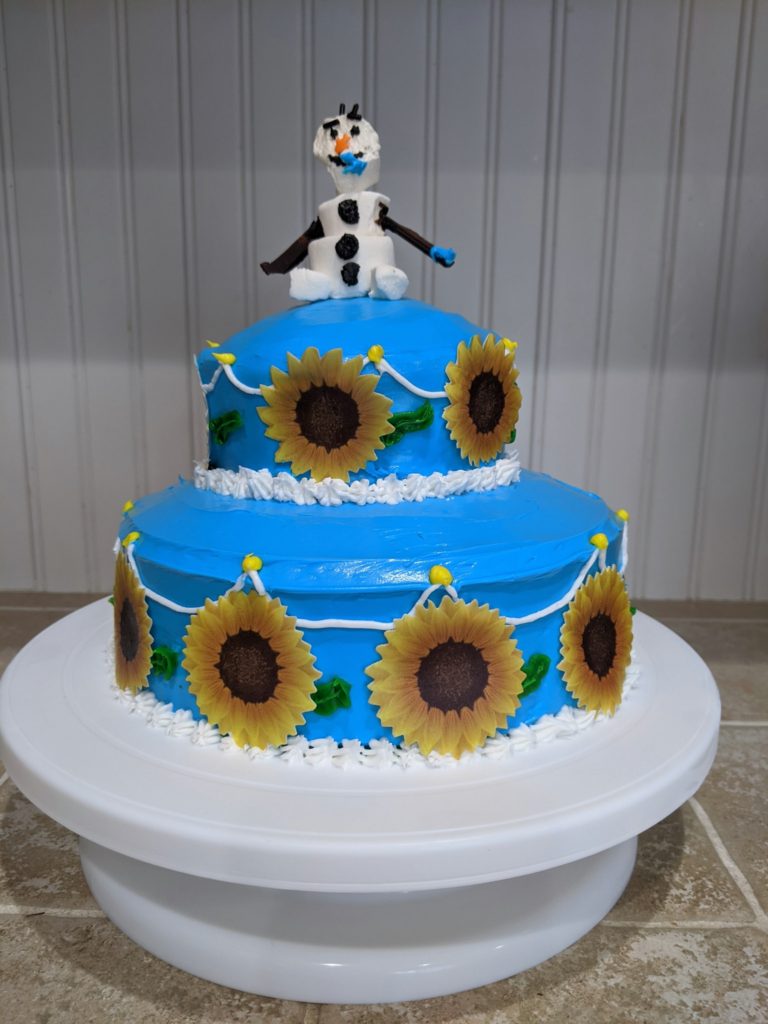
Frozen 2, which was the last movie I saw in theaters and is quite popular in my house right now (the whole Frozen franchise really…as evidenced by the requested Frozen Fever cake I made for my 3-year-old’s birthday earlier this month), is a really good example of the different kinds of strengths female characters can have.
Let’s take a look at Elsa. She embodies what a lot of people think about when it comes to strong female characters, à la Katniss Everdeen from The Hunger Games series or Sarah Connors from the Terminator franchise. I’m talking about the butt-kicking, weapon-wielding type. Elsa is powerful and so full of magic she literally cannot control it. These characters are seen as extraordinary and labeled as strong, often in a way that marks them as different from other female characters. Almost as if implying that women are inherently weak, especially since strong isn’t used nearly as often to describe male characters because it’s assumed of them.
These strong female characters certainly have their weaknesses; they wouldn’t be very interesting characters if they didn’t. Elsa can be distant to the people she loves, she has trouble accepting help, and she fails to recognize her own limitations. A character without such flaws is boring and has nothing to overcome internally.
In general, though, the power of characters like these women is in your face and often of the physical variety, so they get the descriptor of strong. Not to say that they aren’t mentally strong, too, (which they absolutely are), but their most obvious displays of strength are physical. These characters are clearly not to be trifled with. They go on adventures and quests. They face dangers and conquer them. I love these types of strong female characters!
But I also am quick to note that this isn’t the only way a female character can be strong (and this is true for male characters and we definitely need male characters to show different types of strength, but that’s for another post). That’s where Anna comes in.
There’s a running joke in the Frozen franchise about how Anna is ordinary. When she calls herself ordinary in the first Frozen movie, Hans (her love interest at the time) agrees by saying, “That’s right, she is.” When Anna shoots him a wounded look, he adds, “In–in the best possible way.” In Frozen 2, Olaf recounts the events of the first movie and describes the sisters by saying, “One born with magical powers, the other powerless.”
Anna is also openly affectionate, is not afraid to be silly, and is all too aware of her powerlessness. She has her moments of physical strength (justifiably punching Hans in the first Frozen movie after he’s betrayed her and Elsa), but I don’t think she would be described as a strong female character in the way Elsa (or Katniss or Sarah Connors) is.
Warning about Frozen 2 spoilers….
Yet one of the biggest examples of an act of strength in the entire Frozen franchise is performed by Anna in Frozen 2. Having come to the realization that her sister has sacrificed herself for the truth and clutching Olaf as he flurries away to his death, Anna lies on a dark cave floor and just wants to give up. In the song “The Next Right Thing,” she sings:
I’ve seen dark before, but not like this
This is cold, this is empty, this is numb
The life I knew is over, the lights are out
Hello, darkness, I’m ready to succumb
By the end of the song, Anna has found the strength within herself to make her way out the cave and has vowed to save her kingdom and the enchanted forest. Despite facing the darkest moments of her life and personally being done with it all, she gets up and moves forward (not on…there’s really no moving on from something like that). Then, despite the heartache and depression and physical fatigue, she proceeds to anger the Earth Giants so they throw boulders at her as they chase her to the dam that she is trying to get them to destroy. Now that’s a show of strength!
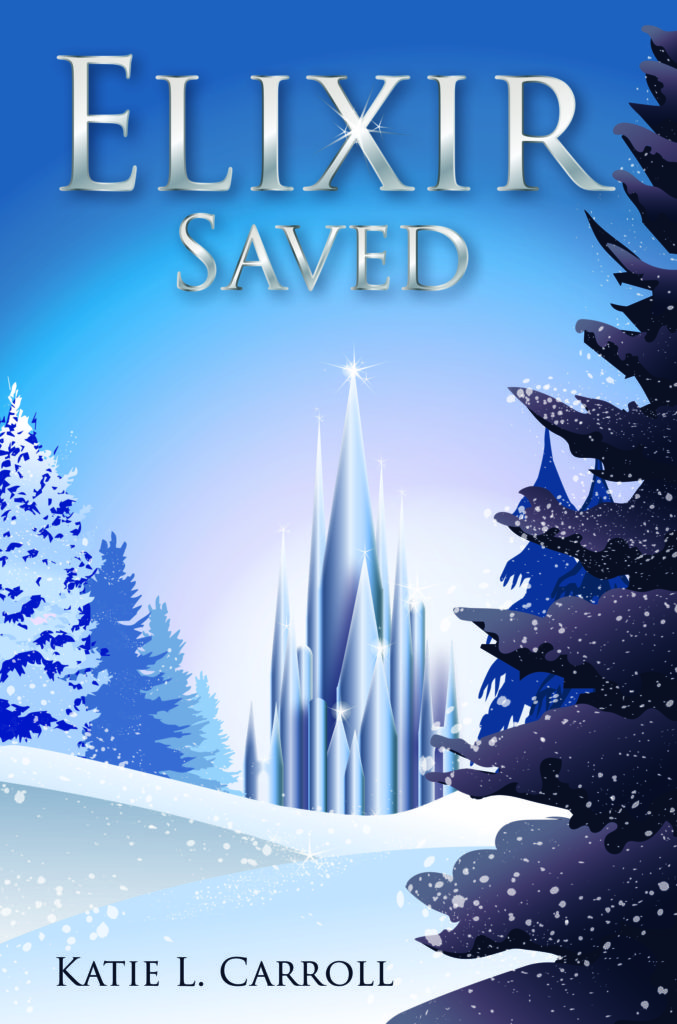
I’m not trying to take sides on whose strength is better. None of Anna’s strengths diminish Elsa’s, and vice versa. The point is that there are many different ways for characters (and people) to show strength and to be powerful. Let’s not limit our characters–male or female–to one type.
This is something I thought a lot about when working on the characters in the Elixir books. I wanted there to be strong female characters in every sense of the word. So if you enjoy stories about sisters and strong female characters (and ice palaces!), I encourage you to check out the award-winning YA fantasy ELIXIR BOUND and its standalone sequel ELIXIR SAVED.
